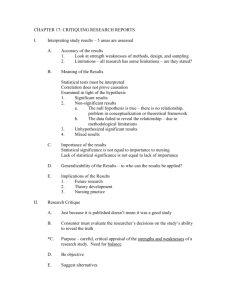Abstract (75 to 100 words)
advertisement
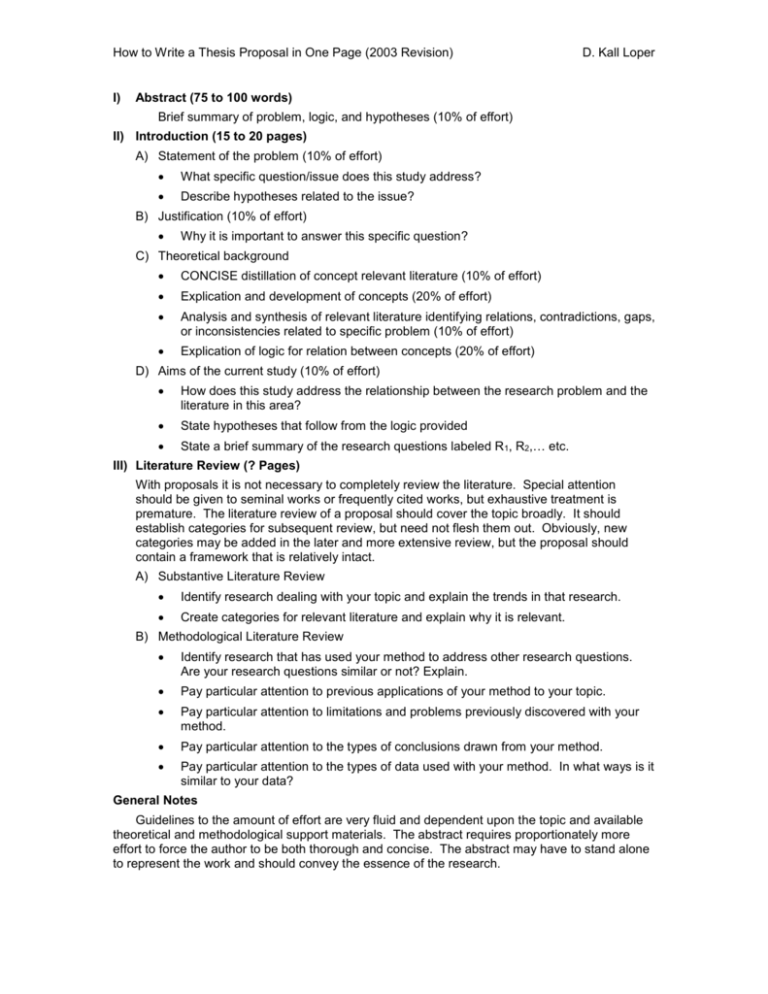
How to Write a Thesis Proposal in One Page (2003 Revision) I) D. Kall Loper Abstract (75 to 100 words) Brief summary of problem, logic, and hypotheses (10% of effort) II) Introduction (15 to 20 pages) A) Statement of the problem (10% of effort) What specific question/issue does this study address? Describe hypotheses related to the issue? B) Justification (10% of effort) Why it is important to answer this specific question? C) Theoretical background CONCISE distillation of concept relevant literature (10% of effort) Explication and development of concepts (20% of effort) Analysis and synthesis of relevant literature identifying relations, contradictions, gaps, or inconsistencies related to specific problem (10% of effort) Explication of logic for relation between concepts (20% of effort) D) Aims of the current study (10% of effort) How does this study address the relationship between the research problem and the literature in this area? State hypotheses that follow from the logic provided State a brief summary of the research questions labeled R1, R2,… etc. III) Literature Review (? Pages) With proposals it is not necessary to completely review the literature. Special attention should be given to seminal works or frequently cited works, but exhaustive treatment is premature. The literature review of a proposal should cover the topic broadly. It should establish categories for subsequent review, but need not flesh them out. Obviously, new categories may be added in the later and more extensive review, but the proposal should contain a framework that is relatively intact. A) Substantive Literature Review Identify research dealing with your topic and explain the trends in that research. Create categories for relevant literature and explain why it is relevant. B) Methodological Literature Review Identify research that has used your method to address other research questions. Are your research questions similar or not? Explain. Pay particular attention to previous applications of your method to your topic. Pay particular attention to limitations and problems previously discovered with your method. Pay particular attention to the types of conclusions drawn from your method. Pay particular attention to the types of data used with your method. In what ways is it similar to your data? General Notes Guidelines to the amount of effort are very fluid and dependent upon the topic and available theoretical and methodological support materials. The abstract requires proportionately more effort to force the author to be both thorough and concise. The abstract may have to stand alone to represent the work and should convey the essence of the research.
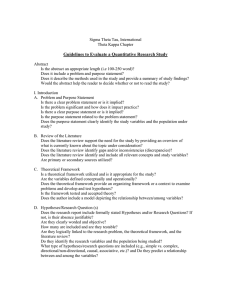
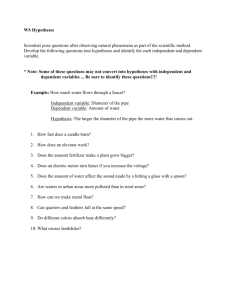
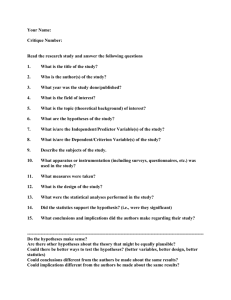
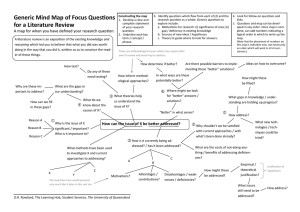
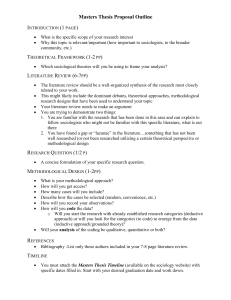
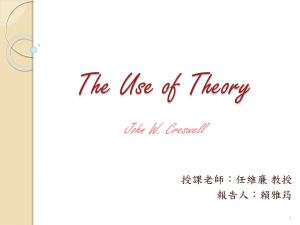
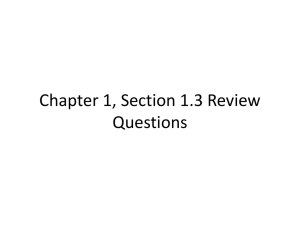
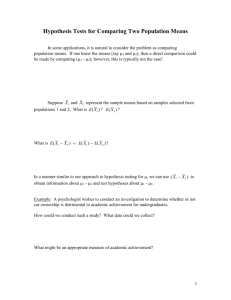
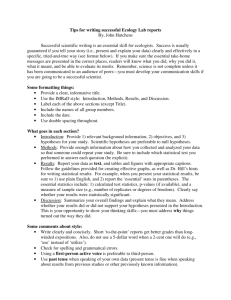
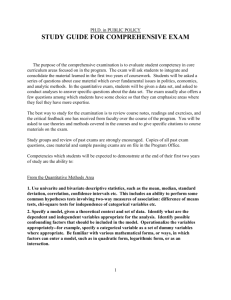
![Introduction [max 1 pg]](http://s3.studylib.net/store/data/006997862_1-296d918cc45a340197a9fc289a260d45-300x300.png)
